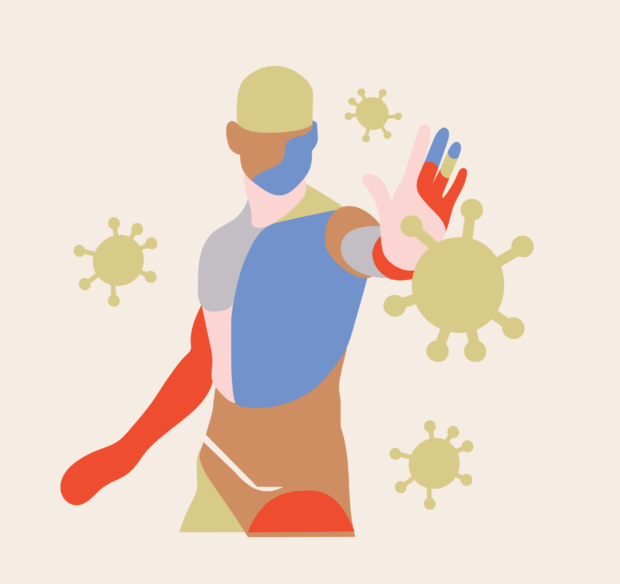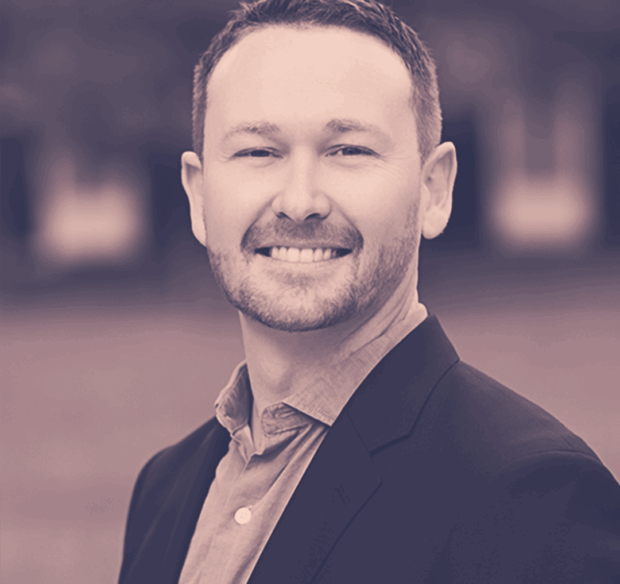Academic Institutions & Community Medicine: Sharing Resources
- The treatment of CLL has shifted dramatically in recent years, with the introduction of novel therapies such as Bruton tyrosine kinase (BTK) inhibitors, BCL-2 inhibitors, and anti-CD20 monoclonal antibodies.
- For most community physicians, time is limited, and the pressure of a busy practice may make staying updated feel overwhelming.
- Some simple tips to stay on top of the latest research include opening communication to collaborate with colleagues, making use of resources like UpToDate, and subscribing to newsletters from organizations like American Society of Hematology (ASH) and the Leukemia & Lymphoma Society.
For community doctors, staying current with the rapidly evolving landscape of Chronic Lymphocytic Leukemia (CLL) treatments is essential to providing optimal patient care. Advances in CLL therapies — ranging from new targeted treatments to precision medicine approaches — have changed the standard of care.
“I think it’s very important for the academic doctors to have a strong relationship with community practice physicians. And the reason why that’s so important is that if a community practice doctor comes upon a complicated case, they have colleagues they can reach out to discuss the case with,” Dr. Adam Kittai, Associate Professor of Medicine at Mount Sinai in New York, tells SurvivorNet Connect.
Rapidly Changing Approaches to CLL Care
The treatment of CLL has shifted dramatically in recent years, with the introduction of novel therapies such as Bruton tyrosine kinase (BTK) inhibitors, BCL-2 inhibitors, and anti-CD20 monoclonal antibodies. Traditional chemoimmunotherapy has been largely replaced by targeted treatments that offer better efficacy and fewer side effects, especially for patients with high-risk genetic features like TP53 mutations or del(17p).
Given the pace of these changes, community doctors must stay up-to-date with new clinical trial data, updated guidelines, and emerging best practices. Failing to do so may result in suboptimal treatment plans, leading to poorer outcomes for patients.
Practical Strategies for Staying Updated
1. Collaborate with Colleagues
One of the most effective ways for community doctors to stay informed is by consulting their colleagues who specialize in hematology or oncology. Specialists often have access to the latest clinical trial results and emerging treatment protocols. Establishing a network where you can consult via phone or email allows for timely updates on the most appropriate treatment options.
“When I get a referral from a community practice doctor, I always call them after I see the referral to discuss the case and let them know what my recommendations might be. I also always give my cell phone number so that way if they come across a complicated case, they can always call me and feel free to call me. So that’s one way that information can be shared amongst academic doctors and community practice doctors,” Dr Kittai explains.
Another strategy is organizing regular case discussions, either in person or through virtual meetings, to share insights and discuss new therapies. These discussions can be invaluable for gaining perspectives on complex cases, especially when deciding between newer therapies and established treatments.
2. Leverage Digital Resources
“In addition, I would say that community resources like UpToDate as well as the NCCN guidelines have come a really long way since I was in my training and I also go back to the UpToDate articles when I’m dealing with a situation that I may not see on an everyday basis,” Dr. Kittai adds.
- UpToDate: UpToDate is a highly valuable resource for healthcare providers, offering evidence-based information on the latest medical advancements. It continuously updates its content to reflect new clinical guidelines, making it an essential tool for staying current on CLL management.
- NCCN Guidelines: The National Comprehensive Cancer Network (NCCN) publishes guidelines that are updated regularly based on the latest evidence. The NCCN Guidelines for CLL provide clear, actionable recommendations on diagnostics, treatment, and follow-up care, helping doctors make well-informed decisions. Doctors can subscribe to alerts or periodically review the NCCN website for the latest changes in guidelines.
3. Establish Efficient Communication Systems
In today’s digital world, healthcare professionals can subscribe to email newsletters or alerts from key organizations like the American Society of Hematology (ASH), the Leukemia & Lymphoma Society, and oncology journals. These updates often summarize recent advancements, new approvals, and guideline changes, ensuring community doctors don’t miss important developments.
Becoming a member of medical societies like ASH or the American Society of Clinical Oncology (ASCO) can provide access to important resources, including webinars, conferences, and continuing medical education (CME) opportunities. Many of these societies offer specialized CLL content, and attending their meetings—either virtually or in person—allows community doctors to stay informed and engage with leaders in the field.
4. Attend Webinars and Conferences
Attending live or recorded webinars can provide real-time updates on new data from clinical trials and expert opinions on CLL treatment. Leading cancer centers and pharmaceutical companies often sponsor webinars to discuss newly approved therapies, real-world evidence, and innovative approaches in CLL care.
Professional conferences like ASH and ASCO annual meetings present the latest research, including breakthrough therapies and clinical trial results. By attending these meetings — either in person or through virtual platforms — community doctors can interact with fellow experts and learn how emerging data might influence CLL treatment decisions.
Practical Implementation for Community Physicians
- Daily Practice: For most community physicians, time is limited, and the pressure of a busy practice may make staying updated feel overwhelming. The solution is to integrate these strategies into daily routines. Allocating 15-20 minutes a day to read the latest journal abstracts or email newsletters is a manageable way to stay current without becoming overwhelmed.
- Regular Reviews of Guidelines: Physicians can set aside specific times — perhaps once every month — to review the NCCN guidelines or UpToDate for any significant updates in CLL treatment. Keeping bookmarked pages or subscribing to alerts from these platforms ensures that updates are delivered directly, reducing the need for manual searching.
- Networking and Mentorship: Maintaining relationships with oncologists at larger, academic institutions can help bridge the gap between community practice and cutting-edge research. Seeking out mentorship or creating partnerships with academic centers ensures that community doctors receive the latest data and updates through direct communication.






